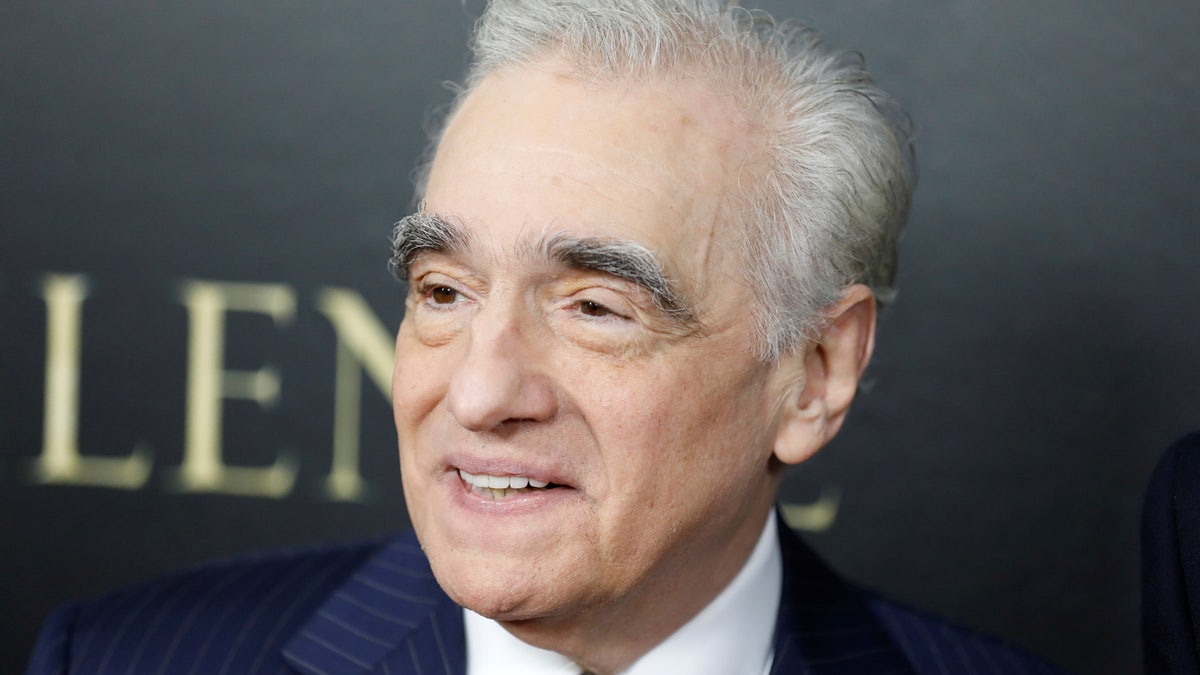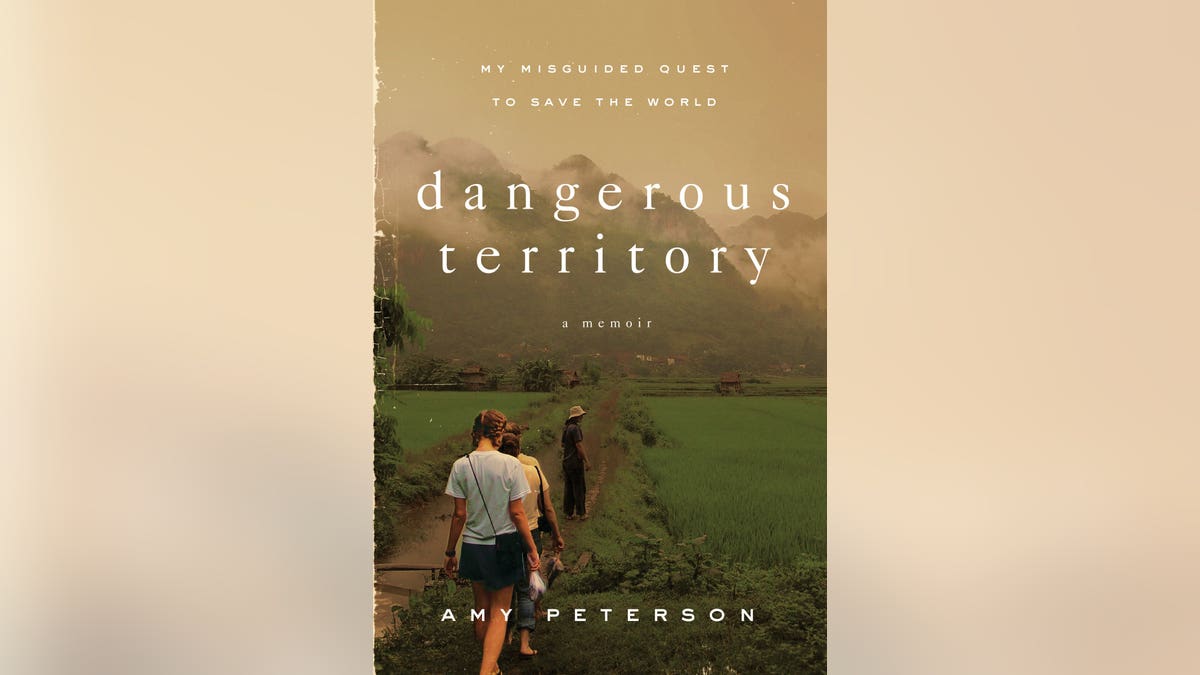
Director Martin Scorsese attends the premiere of "Silence" in Hollywood, California January 5, 2017. (REUTERS/Jonathan Alcorn)
When one of the most celebrated directors in Hollywood finally releases a film that has taken almost three decades to produce, people are curious.
When the man known for movies like "Raging Bull," "Taxi Driver," "Gangs of New York" and "The Wolf of Wall Street" wants to make a movie about Christian missionaries and martyrdom, people are intrigued.
Why this subject? And exactly what point is Martin Scorsese hoping to make with his new movie "Silence"?
Based on the book with the same name by Japanese novelist Shusako Endo, "Silence" tells the story of two 17th century Portuguese missionaries, Father Rodrigues (Andrew Garfield) and Father Garrpe (Adam Driver). Word travels to Portugal that their mentor Father Ferreira (Liam Neeson), who is in Japan, has apostatized - given up his faith. Incredulous, they set out to find him.
"Silence" tells a painful story — one that we need to hear. The tales we tell about serving God shouldn’t simply gloss over the reality that such service can often lead to a crisis of faith.
When they arrive in Japan in 1639, the two young priests face a brutal reality. Christianity has been outlawed, and churches have moved underground. Believers are being tortured and killed. The priests meet a fisherman who helps them hide out near an island village, and they minister to believers there in secret.

But one of those believers betrays them. The priests, brought before the government Inquisitor Inoue (Issei Ogata), are ordered to recant their faith. Until they do, Inoue will torture and kill Japanese believers in front of them.
From here the movie focuses on the perspective of Rodrigues. He knows that if he recants, he can end the suffering of his friends - the people he has come to serve. But at what cost? Rodrigues struggles with what apostasy would mean for his identity, his legacy, and his faith; aware now of cultural complexities he’d never dreamed of while in Portugal, he finds that answers are not as easy as they used to seem. Rodrigues pleads with God for direction, but God is silent.
The silence of God is too often ignored in missionary stories we tell in America. In fact, one of the only places I heard about it was in the book "Silence," which I read in my twenties, trying to come to grips with my own missionary experience. The missionary biographies I had read as a child had not prepared me for the realities of adult faith, for a world filled with suffering, for the complexity of communicating cross-culturally, or for a God who sometimes seems hidden.
When I was a child, I read dozens of Christian missionary biographies: glowing, glorious tales of adventurers who overcame all odds to take the story of Jesus to foreign lands. I learned from these books that missionaries were heroes, larger than life figures who accomplished marvelous and miraculous things. They cared for orphans, rescued small girls from temple prostitution, brought life-saving medicines to remote villages. They built hospitals, founded schools, and planted churches.
The stories I read weren’t false, but they were incomplete, as I learned when I became a missionary myself: they failed to paint a full picture of the struggles - particularly the internal struggles - of adult Christian life.
I was 22 and fresh out of college when I boarded a plane for Southeast Asia. I would spend the next year teaching English in a country where Christianity was forbidden. Even now, more than a decade later, I am cautious to share exactly where I was that year: my students and friends remain in danger due to what happened while I was there.
Quickly, I realized that becoming a missionary didn’t automatically mean that I glowed with heroism. Life overseas was much like life anywhere. I spent my days in mundane tasks: buying groceries, lesson planning, and studying the local language and culture.
But when a student knocked on my door one day asking questions about Jesus, it felt as miraculous as any of the stories I’d read. Over the next six months, she and three other students became Christians. We studied the Bible together every week. When I left for summer vacation, their newly-forming church seemed set to flourish.
And then they were discovered by the government. That summer, the persecution they faced threw my own faith into a tailspin. When I left the country on furlough, my friends were rounded up by local police and ordered to turn over any materials I had given them. They faced hours of interrogation. Their families were threatened. My visa was revoked. I wondered if what I had done was good or evil, and if my naïveté about the cultural complexities at work there had put them in danger.
I had gone overseas, running full-speed towards what I thought was the will of God. But when my friends were in danger because of the religion I had shared with them, my ideas about faith, heroism, and God wilted. I had gone overseas looking for adventure and had found tragedy. God was silent, and I spun into a dark night of the soul.
This is the reality that was left out of the missionary biographies that I read as a child. It’s also the reality that the priests in Martin Scorsese’s film,"Silence," must confront.
Like Father Rodrigues, I have learned that the ways that God works in the world are more complex - and difficult to understand - than I ever imagined. God's silence forced me to give up my self-imposed role as a hero or savior. You might think this experience would cause me to lose my faith, but instead it taught me something valuable. My missionary failure gave me a deeper humility and deeper embrace of the mysterious love of God.
"Silence" tells a painful story — one that we need to hear. The tales we tell about serving God shouldn’t simply gloss over the reality that such service can often lead to a crisis of faith.
When our dominant narratives do that, we all lose out: missionaries end up feeling unable to tell the truth to their supporters for fear that they’ll lose their financial support. Christians back home fall prey to the lie that missionaries are superheroes of the faith, somehow more important than ordinary folks sitting in the pew every Sunday.
Even more importantly, we all remain stuck with a simplistic view of God and the world, limited by our own cultural biases. We live with only one version of what it means to be faithful, what it means to be persecuted, and what it means to be an apostate. Stories like "Silence" complicate those ideas in important ways.
Serving God isn’t about being a hero. It’s about acknowledging that I will never save the world, that in fact I am one of the ones who needs to be saved. I can never save the world, but I can learn to love it.








































